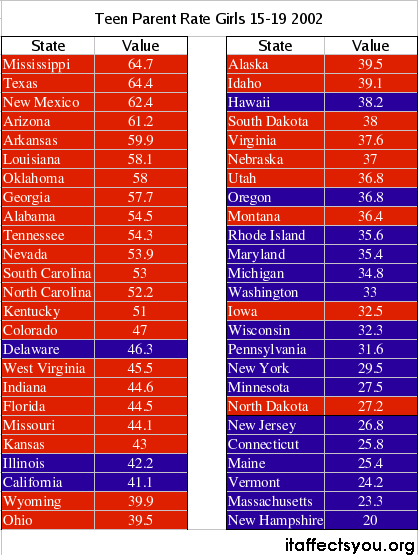william the wie
Gold Member
- Nov 18, 2009
- 16,667
- 2,402
- 280
I am not looking for solutions in this thread that discussion will come later if ever. On another board I have had discussions on the lack of hard data on derivatives, on this board about a lack of data on who relies on food stamps/WIC as the sole support of their family.
I am trying to figure out how bad the compounding of error problem is. As the 2008 meltdown and many other financial crises have amply demonstrated the number of known unknowns, to use a Rumfieldism, is escalating rapidly. A known unknown is a nice defensible number that is or becomes dead wrong. It becomes dead wrong in one of two ways changes in the population make data collection a joke or in some cases an incentive to game the data model is created.
The compounding of errors and known unknowns create what are called Black Swans: discontinuities that cause the markets to explode up or down, usually down. I speculate on black swan events so I am trying to get a handle on how big this problem is becoming.
I am trying to figure out how bad the compounding of error problem is. As the 2008 meltdown and many other financial crises have amply demonstrated the number of known unknowns, to use a Rumfieldism, is escalating rapidly. A known unknown is a nice defensible number that is or becomes dead wrong. It becomes dead wrong in one of two ways changes in the population make data collection a joke or in some cases an incentive to game the data model is created.
The compounding of errors and known unknowns create what are called Black Swans: discontinuities that cause the markets to explode up or down, usually down. I speculate on black swan events so I am trying to get a handle on how big this problem is becoming.



